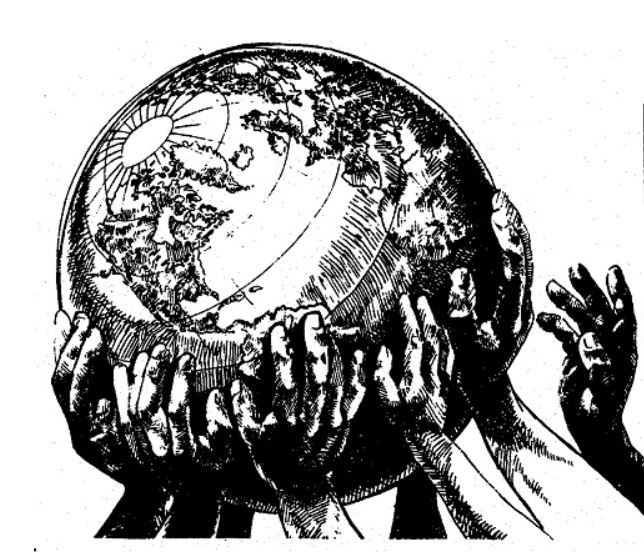Resources on Sanctions
The following are additional resources on nuclear disarmament, which correspond to our two-page election brief on sanctions, “Sanctions: Nonviolent Tool or Lethal Weapon?” Find our entire series on Faithful Voting and Global Issues here.
The following are additional resources on sanctions, which correspond to our two-page election brief, “Sanctions: Nonviolent Tool or Lethal Weapon?” Find our entire series on Faithful Voting and Global Issues here.
See
An article by Ahmad Jalapour in the Nation, January 2020, offers a powerful description of the ways U.S. sanctions were already harming the Iranian healthcare system, and a prescient warning about what would result – and now has resulted – from the sanctions in the case of a pandemic.
Read sanctions experts George Lopez and David Cortright of the Kroc Institute for International Peace Studies on Iran sanctions: Lopez explains why “Iran sanctions are bound to fail,” and Cortright warns of the violence such “economic war” is doing to the most vulnerable Iranians.
Watch the Charity & Security Network’s webinar on the legal ins and outs of sanctions and how they impact third parties including international charity and aid organizations.
The Iran Nuclear Deal offered a powerful example of a successful, multipronged approach, until the Trump Administration withdrew from the deal in 2017. Our office offered a description of and support for this process at the time it was brokered in an issue of NewsNotes and from various perspectives in Middle East Notes. We published and published another NewsNotes article in 2017 when the withdrawal was announced, along with our own statement and a statement from multiple Catholic organizations renewing our support for the agreement and opposition to withdrawal.
Read how the U.S. delegation removed references to Secretary General Guterres’ call to relax sanctions from the Security Council resolution supporting Guterres’ call for a global ceasefire to help countries address the COVID-19 pandemic.
Read about the various forms of sanctions maintained by the U.S. Department of the Treasury on over 30 targets around the world, and about the 20 sanctions programs the Department of State helps to oversee.
Judge
Compendium of the Social Doctrine of the Church section on the use of economic sanctions.
For an ecumenical perspective, read Guidelines for the Imposition of Sanctions from the United Methodist Church’s Book of Social Principles and Resolutions.
In addition to the two articles linked in our election brief 2-pager, read a Crux profile on Fr. Gerard Hammond, MM, who has made over 70 humanitarian trips to North Korea.
Act
Pray along with the Holy Father as you read Pope Francis’ Easter Sunday Ubi et Orbi address, in which he calls for sanctions to be relaxed to allow countries to protect citizens from COVID-19.
Support the Eugene Bell Foundation, the organization Fr. Hammond works with in North Korea.

